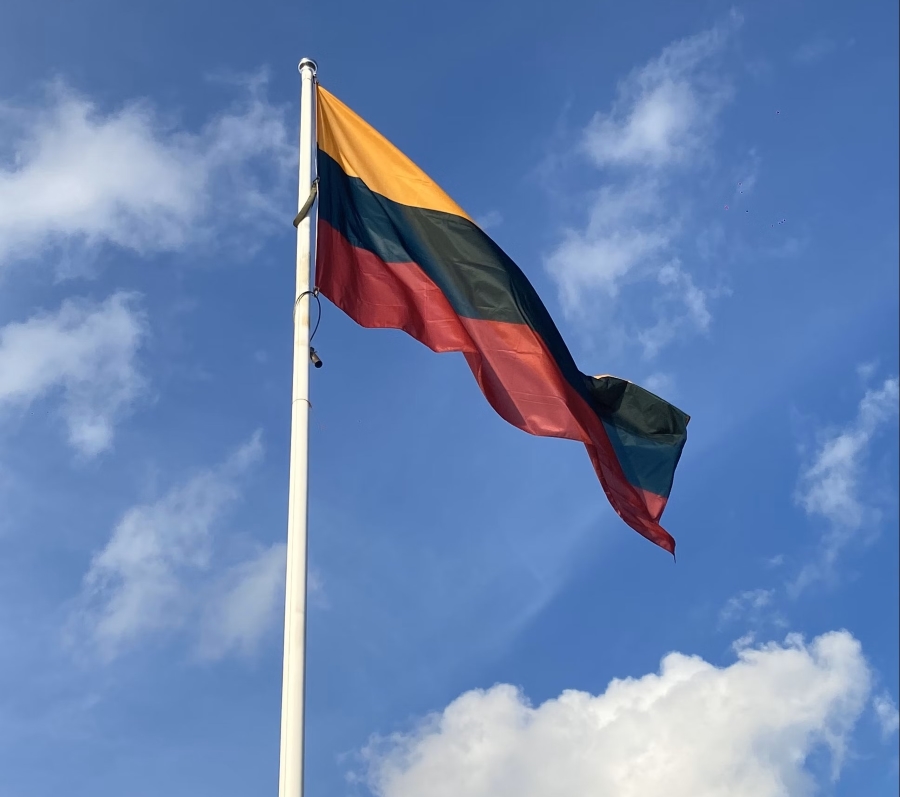A long-scheduled presentation on Category 1 interference rules in thoroughbred racing took on an unexpectedly tense air on Tuesday morning. Shortly before the discussion was set to get underway at the University of Arizona’s Global Symposium on Racing, the Jockeys’ Guild came out in opposition to a shift to Category 1 rules, claiming that they compromise the safety of horses and jockeys alike.
As noted in Tuesday’s discussion, which was organized by the university’s Race Track Industry Program, Category 1 rules that demote or disqualify a horse only if it could have been beaten by the horse(s) it interferes with are the prevailing international standard everywhere but in North America.
The North American standard is Category 2, in which a horse is demoted or disqualified in any instance where stewards determine that an act of interference cost another horse a placing. The lone exception is Oklahoma, the only state or province to have adopted Category 1 rules to date.
Tuesday’s panelists presented statistics from tracks around the world — including Oklahoma’s Remington Park — that indicated a decrease in inquiries and interference rulings since Category 1 rules were adopted in certain jurisdictions. They pointed out that jockeys can still be suspended or fined for careless riding even if their horses aren’t taken down.
Terry Meyocks, president and CEO of the Jockeys’ Guild, offered no data to support his organization’s safety concerns, instead telling US Bets, “I’ve got a whole bunch of Hall of Famers on our board that have ridden a whole bunch of horses. I’ll take their word any day over a bunch of statistics.”
To this end, the guild’s statement read, “The Jockeys’ Guild believes that Category 2 provides additional safety protections for the riders. Giving the stewards the ability to disqualify the horse who caused the interference, regardless of where the horse finished, will serve as a deterrent to unsafe riding. Additionally, with regards to the fairness of such rules, while Category 1 often protects ‘the best horse,’ Category 2 rules enable strong advocacy on behalf of all horses and jockeys who suffered interference.”
‘Remarkably disingenuous’
Toward the end of Tuesday’s discussion in Tucson, National Thoroughbred Alliance Executive Director Pat Cummings — a longtime proponent of Category 1 rules — took the Guild to task for the timing of its statement. Cummings said that despite seeing Meyocks just last week, he’d never once had a discussion with him on the matter.
“I found it remarkably disingenuous that an hour and a half before this panel today, the Jockeys’ Guild board of directors says, ‘We’re fine with staying the same,’” said Cummings. “In the last five years, they haven’t said a word about it.”
Meyocks acknowledged that he hadn’t personally discussed Category 1 rules with Cummings, but said that others in his organization had — although it had “been a while.”
Furthermore, Meyocks didn’t deny that the timing of the guild’s statement was more than just coincidence, saying, “We weren’t included in the [Arizona] panel. There’s an ARCI meeting on Thursday where we’re going to be included and make our opposition to it known. It’s like everything in our industry — everybody’s got their own viewpoints, but when it comes to safety and the rider, nobody talks to us about it.”
Cummings indicated that the Canadian province of Ontario, home to Woodbine Racetrack, was keen on revisiting whether to adopt Category 1 rules, a process that initially got derailed by the COVID-19 pandemic. Moreover, panelist Tanya Boulmetis, who hails from Ontario and is now the deputy director of the Ohio State Racing Commission, said that “Ohio really wants to do this” in reference to adopting Category 1 rules.
“We’re becoming a global industry,” she said, with a nod to horse betting concerns. “If someone in Hong Kong is wagering on our races, it’s nice to know there are the same rules.”
Boulmetis added that once she formally proposes the rule change in Ohio, she anticipates some negative feedback.
“We are an industry of tradition, and nobody likes change,” she explained. “But I’ve had owners complain, ‘We won by 12 [lengths]. Why are we being taken down?’ It’s also not fair to the bettors.”
The Maximum Security situation
Toward the end of Tuesday’s discussion, an audience member brought up Maximum Security’s demotion in the 2019 Kentucky Derby, framing it as the most prominent situation in which the outcome of a race would have turned out dramatically differently had Category 1, and not Category 2, rules been in place at a North American horse track.
Two things were clear in that year’s Derby, in which Maximum Security crossed the wire first before being taken down by stewards and demoted to 17th place after an objection. First, the horse absolutely interfered with at least three other horses by veering into their paths late in the backstretch. Second, Maximum Security was the best horse in the race and would not have been beaten by any of his rivals had the infraction not occurred.
Because Category 2 rules are in place in Kentucky, all of Tuesday’s panelists agreed that the stewards in that case acted properly. But all of them also agreed that, under Category 1 rules, Maximum Security’s victory would have been upheld — and that would have been the far fairer result for the majority of interested parties.
“As stewards in this country, if there’s a way not to disqualify a horse, we’re generally going to find a way not to do so,” said Oklahoma State Steward Victor Escobar. “With Category 1, we have a rule that says we don’t have to.”
Photo: Andy Lyons/Getty Images



 2023-12-07
2023-12-07















